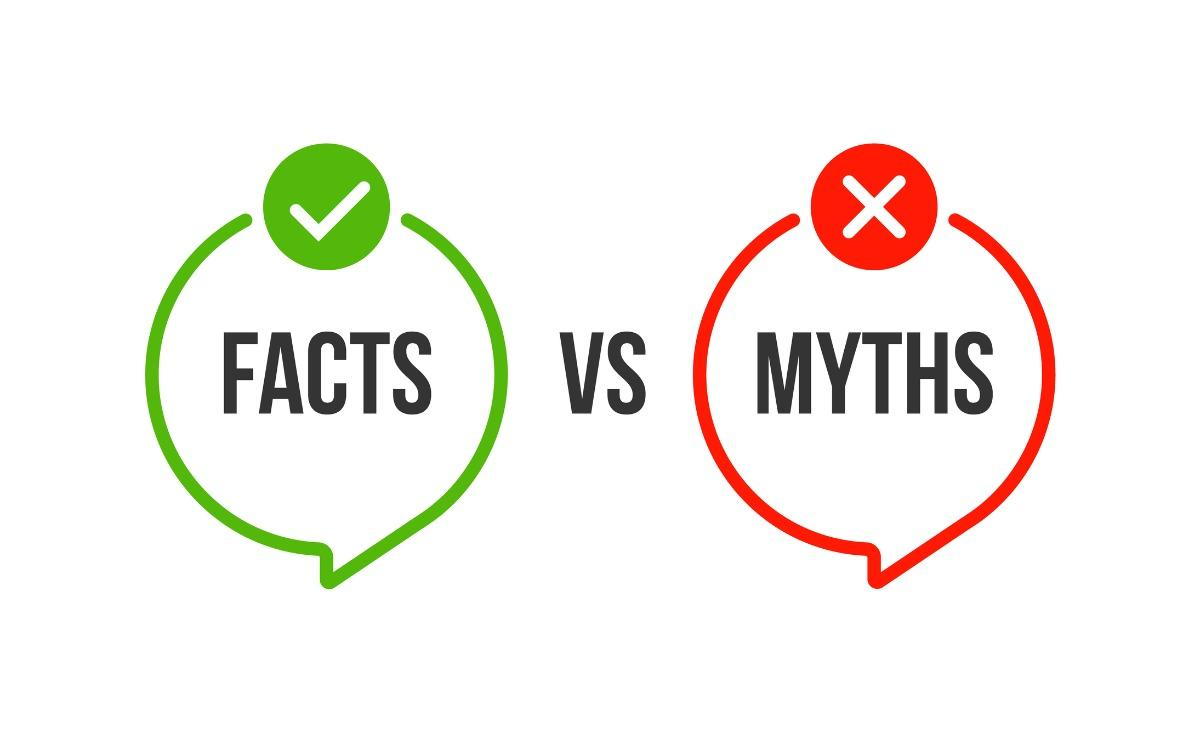
- posted: Sep. 15, 2024
- Chapter 7, Bankruptcy
Many people with crushing debt have misconceptions about bankruptcy that make them hesitant to consider it as a viable option for relief. These myths range from general fear of a permanent stigma to factual errors about what occurs in the bankruptcy process. The reality is that bankruptcy is meant to be remedial, affording an honest debtor a fresh start towards rebuilding their financial capability.
Here are 10 common myths about Chapter 7 bankruptcy relief, each followed by actual realities:
Myth: Only irresponsible or dishonest people file for bankruptcy — In fact, the opposite is true. Most people file for bankruptcy due to unforeseen circumstances, such as heavy medical expenses, job loss or business failure. Moreover, the Bankruptcy Code has provisions designed to prevent using the remedy dishonestly or fraudulently.
Myth: You will lose everything you own — It is true that some of your property can be sold off to repay creditors, but the vast majority of personal bankruptcies go through without asset sales. State and federal law exemptions protect such property as your car, retirement accounts and personal belongings. A large part of your home equity may also be exempt.
Myth: Bankruptcy permanently ruins your credit — Bankruptcy will cause your credit score to go down, but only temporarily. Most debtors can start rebuilding credit almost immediately and many see sizable credit score improvement within one to two years.
Myth: Bankruptcy stays on your credit report forever — A bankruptcy filing remains on your credit report only for a limited period: 10 years for Chapter 7 and seven years for Chapter 13. The impact of bankruptcy on your credit score diminishes over that period.
Myth: Bankruptcy eliminates all debt — Although bankruptcy can provide significant debt relief, certain obligations are not dischargeable. These include student loans, child support, alimony, most taxes and court fines.
Myth: Bankruptcy is too expensive and lengthy — Bankruptcy has certain costs, such as filing fees and attorneys’ fees, but it is usually more cost-effective than fighting off debt collectors. With the aid of a bankruptcy attorney, the Chapter 7 process is relatively quick.
Myth: Filing for bankruptcy could cost you a job — It is illegal to fire someone solely because he or she has filed for bankruptcy. Likewise, federal law prohibits government employers from discriminating against job applicants solely for that reason.
Myth: Bankruptcy will destroy your spouse’s credit — Filing for bankruptcy does not automatically affect your spouse's credit unless you have joint debts. If only one spouse files for bankruptcy, the non-filing spouse's credit report and score may remain unaffected.
Myth: You can only file for bankruptcy once in your lifetime — You can file for bankruptcy more than once, though there is a waiting period between filings. After filing for Chapter 7 bankruptcy, you must wait eight years before filing for Chapter 7 again.
Myth: You can dispose of major assets and funds and then file for bankruptcy — The Bankruptcy Code defines as fraudulent certain transfers of property made soon before filing for bankruptcy. The trustee can set them aside and reclaim the property to repay creditors.
Disregarding these myths can help individuals make informed decisions about whether bankruptcy is the right option for their financial situation.
Marlin Branstetter Attorney at Law in Anaheim, California can show you how Chapter 7 bankruptcy offers debt relief and a fresh start. I serve clients throughout Orange, Riverside and Los Angeles counties. Call 714-276-8589 or contact me online to schedule your free consultation.



